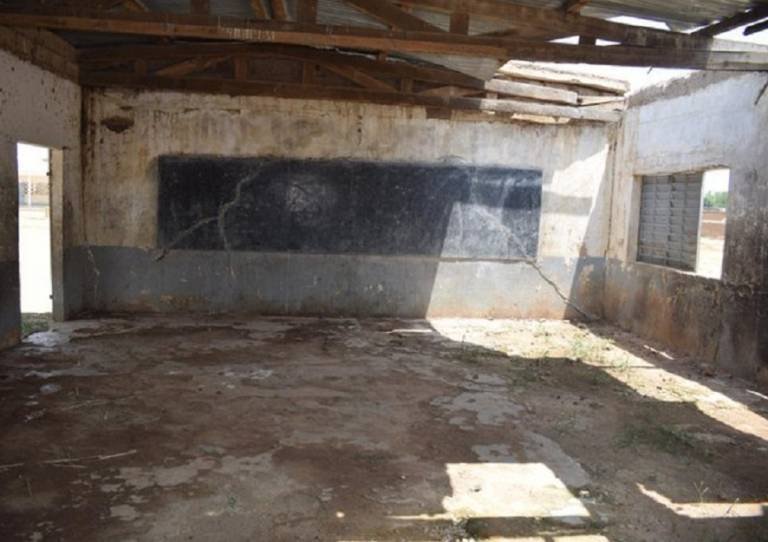Gunmen in southwest Cameroon has killed at least nine children with several others injured in a shootout at a school in Kumba, on Saturday, according to the country’s prime minister, Joseph Dion Ngute.
Local reports in Cameroon say the death toll is expected to rise owing to the severity of some of the injuries. However, no group has claimed responsibility for the harrowing act.
The scene at the Mother Francisca International Bilingual Academy, available on amateur video footage online, showed bloodied bodies and a scattered classroom. Cameroon’s schools have been closed for a while due to a coronavirus-forced lockdown and the shooting on Saturday is what the United Nations is calling the “worst atrocity” since school resumed.
Reacting to the killing, UN Secretary-General Antonio Guterres said: “The attack is another disturbing reminder of the exacting heavy toll on civilians, including children, many of whom have been deprived of their right to education.”
Prime Minister Ngute stopped short of calling the shooting an act of terror, but asked Cameroonians to not “bow to terror”.
“I bow before the memory of these innocent kids. I strongly condemn this dastardly act of wickedness perpetrated on innocent students whose only crime is to have exercised their right to education….I urge all Cameroonians to firmly stand against these acts of atrocity. The Republic will not bow to terror,” Ngute tweeted on Sunday.
It could be established that much of Cameroon’s domestic terrorism stems from a deep ideological and cultural separation between the English-speaking southwest and north of the country vis a vis the central and southern parts of Cameroon.
Anglophone Cameroon has for years struggled for better representation in the government and civil service, but the struggle has taken turns in various degrees between simple protests to the separatist insurgency.
Since the 1970s, Anglophone Cameroon has asked for various kinds of autonomy from language to outright independence. President Paul Biya, Cameroon’s president who has had his job since 1982, is a southerner whose predispositions on the matter are quite well-known.
The unrest is thus about the Central Africa country’s failure to form a national identity and an encompassing inclusion of English speakers into line.

